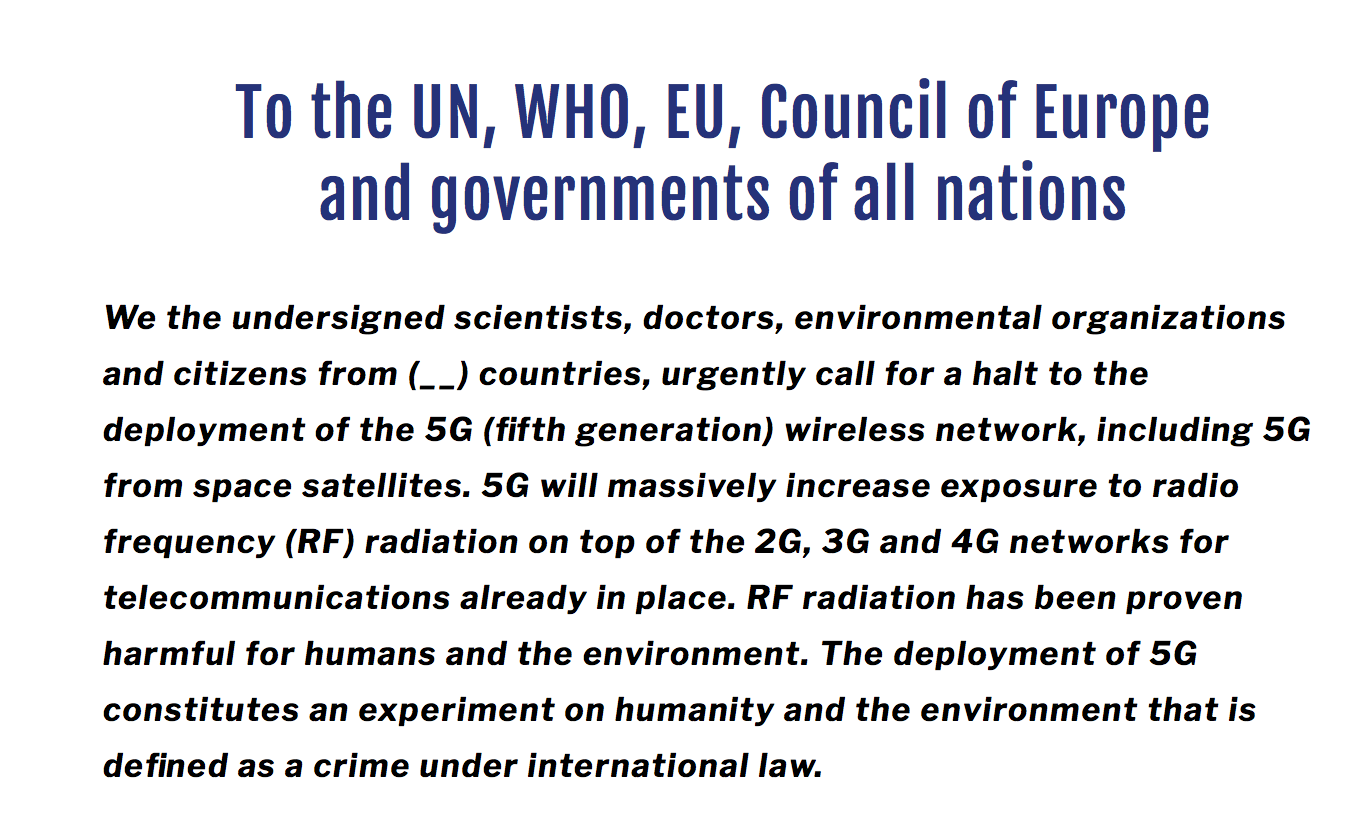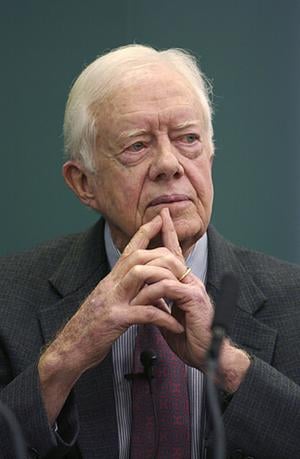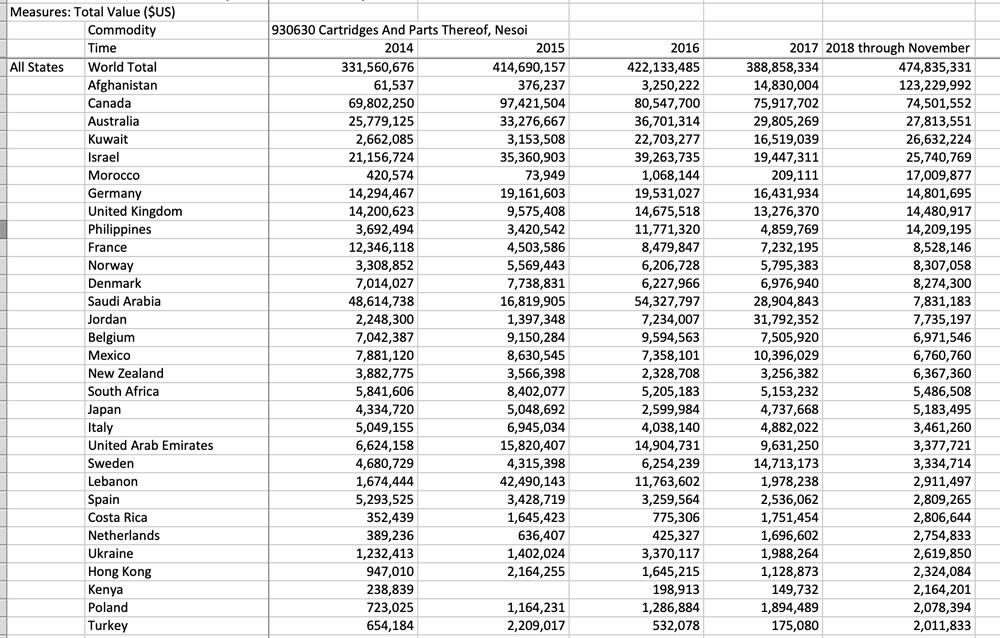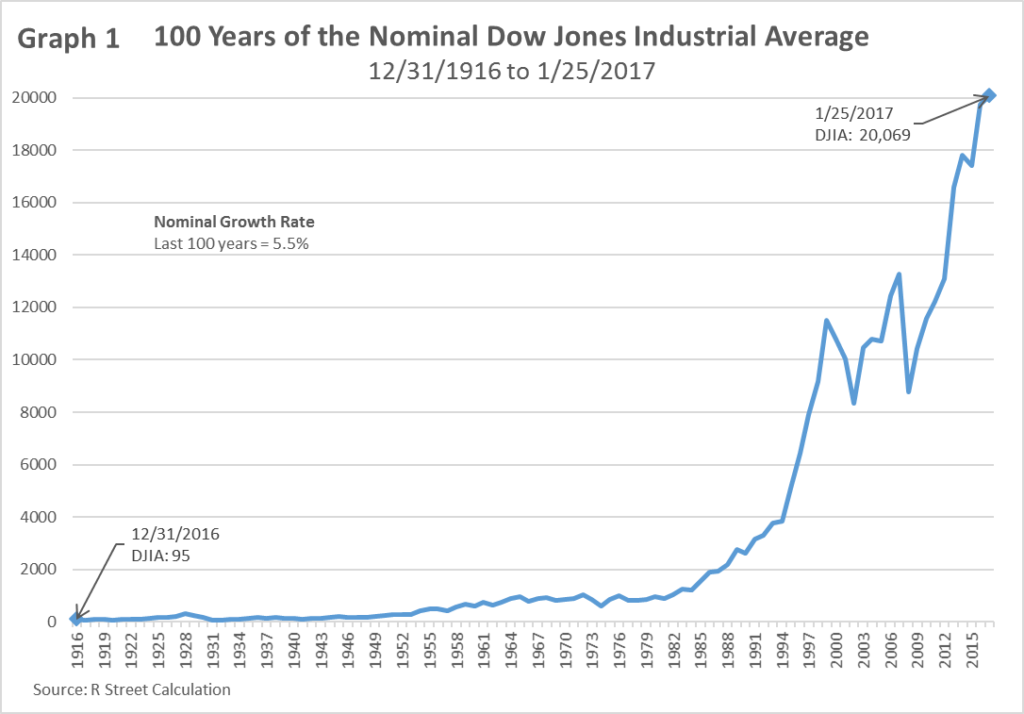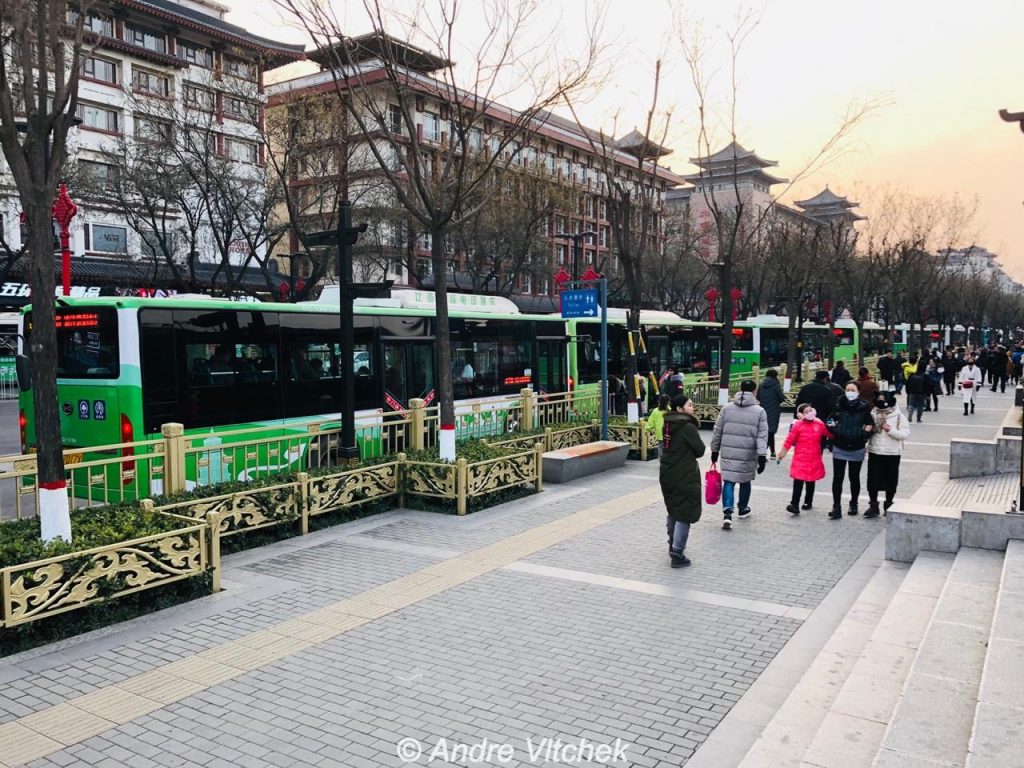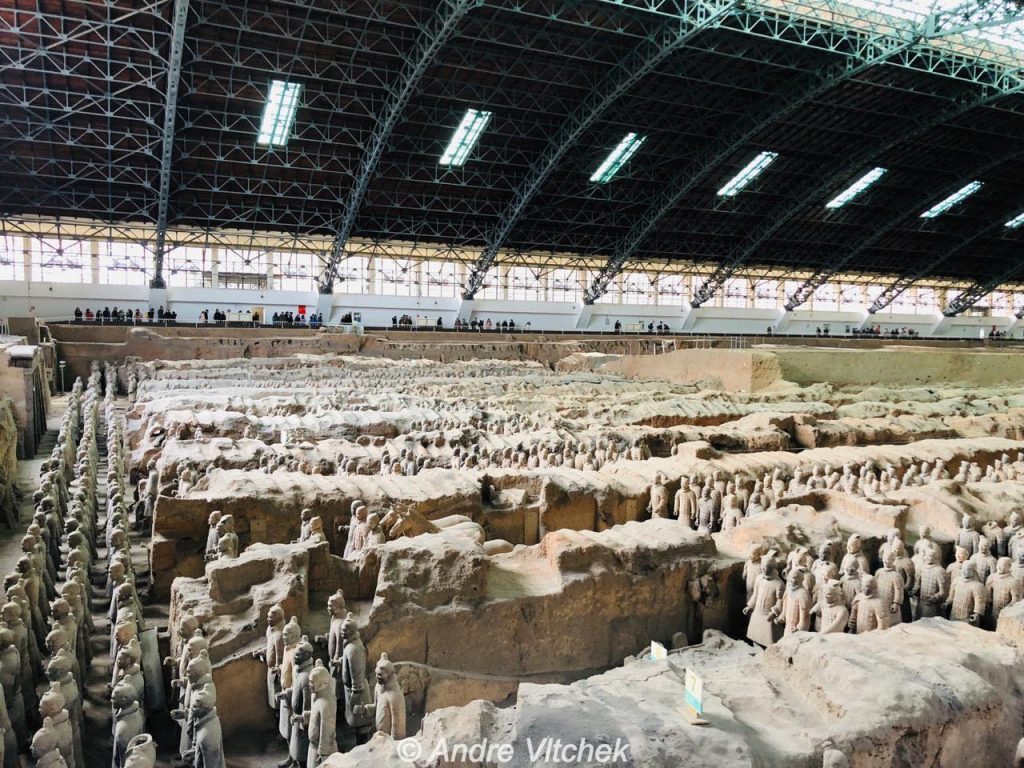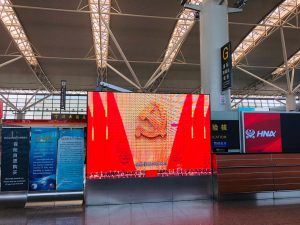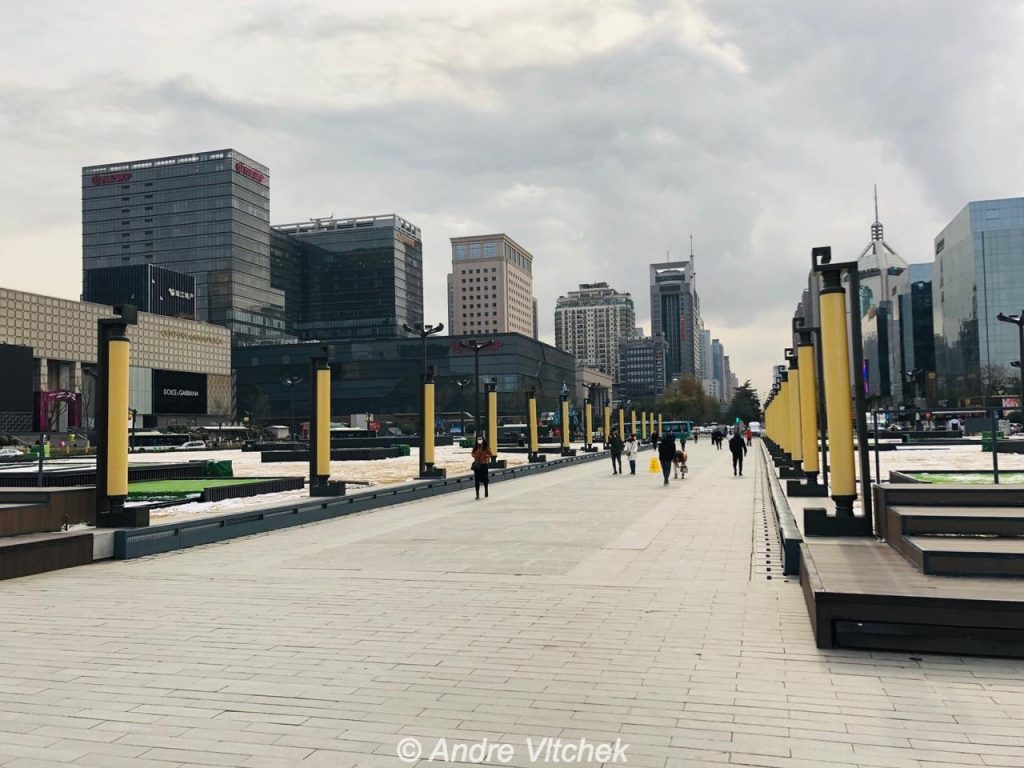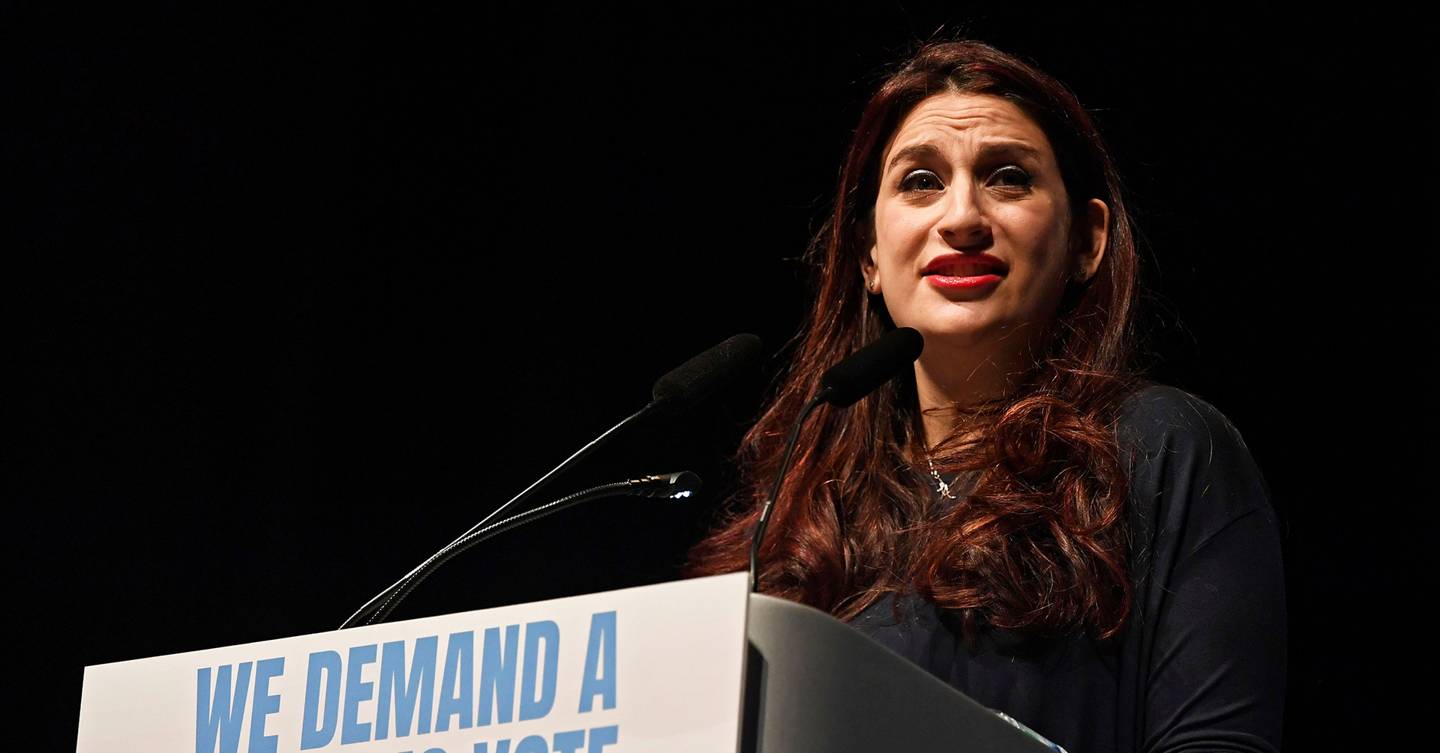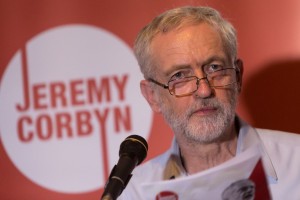Recently, the heads of five South Korean political parties visited Washington (February 12 to 14) with a mission to assure the supports of American politicians for the success of the second Trump-Kim summit in Hanoi.
But, what is hard to believe is that while the leaders of the four political parties made lobbying for the success of the Summit, the leader of the main conservative opposition party, the Ja-yoo Hangook- Dang (LKP), Mme Na Kyung-won, tried to convince Washington politicians that North Korea should not be trusted and there should be no end of the Korean War. This party seemed to wish for the continuation of the nuclear crisis.
This episode illustrates how deeply the Korean society is divided between the “conservatives” and the rest of the population over the question of the nuclear crisis and the North-South relations. This relation between the conservatives and the rest of the population has been one of mutual suspect, mistrust, animosity and even outright hostility
This friction between the conservatives and the rest of the population is called “south-south friction within South Korea” (the Nam-Nam-gal-deung)
This is a serious problem in South Korea, for it can impact not only the peace process, but the future of democracy, the North-South economic cooperation and even the eventual reunification of Koreas.
In this paper, first, the focus is on the origin of the conservative group. This group was created by those who collaborated with the Japanese so that in the eyes of Koreans, the conservative government had neither the strong legitimacy to rule nor popular trust.
Second, it will be shown that lacking the legitimacy and popular trust, the conservative government needed to rule as long as it could; it ruled Korea for 58 years.
Third, the discussion is about the oppressive methods and dubious tactics which allowed the conservative government to rule so long.
Fourth, this section will show how the Korean people fought against the conservative government.
Finally, in the final 5th section, there will be some concluding remarks.
***
- Origin of the pro-Japan conservative group.
To find the origin of the conservative group, we have to go back to 1910 when Korea was illegally annexed to Japan because of unpatriotic actions taken by a group of individuals considered as traitors; this group, pro-Japan, was led by Lee Wan Yong, prime minister then; he signed the treaty of annexation without the approval of Emperor Gojong of the Lee Dynasty.
During the 35 years of harsh Japanese colonial rule, many of the pro-Japan group members (Chin-il-pa) took side with Japan and abused their power by collaborating with the Japanese colonial government in sending young Koreans to labour slave camps in Japan and elsewhere, recruiting and sending the Korean youth to the Japanese imperial army, confiscating the land and other real estate assets belonging to Korean patriots and forcing Koreans to change Korean names into Japanese names.
One of the worst crimes against humanity committed by Japan was the large scale sex slavery; 200,000 teen age girls, mostly Koreans, were captured and sent to Japanese military camps where they suffered from years of cruel sub-human sex slavery. Some of the pro-Japan Koreans did collaborate with Japanese police in finding and sending these girls to serve as sex slaves.
The most serious crime committed by the pro-Japan conservative group was their collaboration in capturing those Korean patriots who fought with their lives for the independence of Korea against the Japanese oppressive colonialism.
The collaborators knew that they were working for the interest of Japanese at the expense of those of Koreans. This made them to distance themselves from the rest of Koreans; they found themselves isolated. To survive, they had to form a tightly knit group and their priority was to develop and conserve their personal and group interests.
In 1945, Korea was liberated from the yoke of Japanese brutal colonialism. In a normal situation, Korea should have punished those Koreans who had collaborated with the Japanese.
This did not happen; none of the collaborators were punished. A committee was formed to punish them. But Washington did not allow it. Under the U. S. military government which ruled South Korea from 1945 to 1948, many of the former Korean collaborators worked for the American military government.
In 1949, Rhee Sygnman formed the firs Korean government. Most of the high ranking government officials were former collaborators. About 40% of police force was organized with former Korean police officers who served under the Japanese colonial government.

Three Koreans shot for pulling up rails as a protest against seizure of land without payment by the Japanese (Source: Public Domain)
The Korean patriots fought against the Japanese government mainly in Manchuria, China and the Korean peninsula. Many of them fought alongside with the Chinese and the Russian army. Their political leader was Kim Koo who was the president of the Provisional Government of the Republic of Korea established in 1919 operating in China. Kim Koo came back to Korea in 1945 with the hope to establish an independent government excluding the collaborators, but he was assassinated in 1949 by the government of Rhee Sygnman. A great number of Korean patriots were assassinated or fled to North Korea.
Thus, the destiny of the post-liberation Korea was in the firm hands of former collaborators and the Korean society was clearly divided between pro-Japan collaborators and powerless Koreans. This was Nam-Nam friction which begun right after 1945 to last for 70 years: it is still a reality.
The pro-Japan conservative conservatives have had six governments under six presidents: Rhee Sygnman (1948-1960), Park Chung-hee (1961-1979), Chun Doo-hwan (1981-1987), Rho Tae-woo (1987-1992) Lee Myong-bak (2007-2012) and Park Geun-hye (2013-2017).
Each of these presidents has terminated his or her term in a tragic manner. One was chased by students; one was assassinated; two served prison terms. There are two more currently in prison. They are or were all accused for the abuse of power and corruption
- Longevity of the Conservative Government
The pro-Japan conservative had ruled Korea for 35 years (1910-1945) in collaboration with the colonial Japanese; they have continued to govern Korea for 58 more years out of 70 years passed since 1948.
You may wonder how and why the conservative government could keep power for so long. The following factors explain: the strategy of “Northern Wind”, Coups d’état, the manipulation of the Constitution, and the oppressive government policies.
The “Northern Wind” is an electoral tactics used by the conservatives in order to maximize the chance of winning elections. It involves two steps. First, a few week before the election, they create a climate of fear of war with the North in such a manner that the national security becomes the top priority. To do so, the conservatives fabricate threats from the North often based on fake eye witnesses. In one occasion, the conservatives would have asked the North to make hostile actions in exchange of a large sum of money, but the attempt would have failed.
Second, the conservatives launch a media campaign to convince the voters that they are the most qualified to protect the population from the threats from the North. To prove this, they boast the long history of military regime of the conservatives. This tactics have been very effective tool for the electoral victories of the conservatives. Thus, ironically North Korea has been a useful electoral ally of the conservatives.

The coups d’état have been one of the tactics of preserving the power. There were two major coups d’état in Korea: one by General Park Chung-hee (image on the right) on the 16th of May, 1961 and the other by General Chun Doo-hwan on the 12th of December, 1980
The manipulation of the Constitution was another favoured means of preserving the conservatives’ power. President Rhee Sygnman amended the Constitution in 1956 allowing him to stay in power for 12 years from 1948 to 1960. General Park Chung-hee imposed on the population the “Yushin” Constitution in 1972 to keep power for life. General Chun Doo-hwan imposed the Yushin Constitution of his predecessor when he took power in 1980; he stayed in power until 1987.
Until the Constitution of 1987, the regime of indirect presidential election had prevailed; General Park Chung-hee and General Chun Doo-hwan were elected by a pre-selected electoral college
The conservative governments’ oppressive policies have been another powerful tool for the preservation of their power. The purpose of these policies was to silence the voices of opposition to government policies. These oppressive policies have taken several forms: mass killing, fabrication of North Korean spies, police harassing, torturing to the death of young students for having participated in demonstration against the government and the oppression of the media
Nobody knows how many innocent Koreans were accused as “Reds” and killed, imprisoned and tortured by the conservative governments. But several millions could have been the victim. Under the government of Rhee Syngnman, more than 200,000 innocent Koreans were killed in the areas of Jeju, Yosu and Soonchon. The government accused these poor victims for being “communists”, “Reds”, “PPal- gaing-ie” Among the victims were children and old people who had nothing to do with ideology.
General Chun Doo-hwan had his share of killing the people. In 18th of May, 1980, the citizens of Gwang-ju organized a street demonstration to protest the Chun’s dictatorship. Chun mobilized highly trained air-born battalion and killed at least 1,000 citizens with tanks and helicopters. A great number of citizens were wounded. Moreover, Chun set up, during his presidency (1980-1987), a massive killing field in the Sancheong Education School; about 100,000 young people were massacred for not supporting Chun’s government policies and some other dubious reasons.
The true reason behind these massacres was to silence the voice of opposition against the corruption and the violation of human rights committed by the conservatives. These people were falsely condemned as “Reds” or “being friendly with North Korea” (Chin-book). In other words, the existence of North-South tension provided a good reason to oppress the people.
Under the military dictatorship of Park Chung-hee and Chun Doo-hwan, millions of South Korean citizens were harassed by the police for having a friend, or a family member who are “suspected” to be “Reds”.
Countless young people were falsely accused for being “Reds”, imprisoned, tortured and killed. More than ten Japanese-Korean students who had come to South Korea to study were falsely accused by the CIA of the Park Chung-hee’s government as North Korean spies; they were all judged later not guilty; this was a typical case of fabricated spy stories.
Under Chun Doo-hwan, numerous young students were tortured to death including Park Jeong-chul who was tortured to death on the 14 of January 1987.
On the 25th of 2016, an old man named, Baik Nam-ki died as a result of police water-canon shooting during a street demonstration against the corruption of the government of Park Geun-hye. Baik was simply asking the government to raise the price of rice frozen for more than ten years.
The oppression of the media was a regular part of the conservative government’s abuse of power. The government of Lee Myong-bak, forced the MBC TV Chain to fire hundreds of highly competent TV reporters, because they criticized the government policies.
The most celebrated case was the removal of Choi Sung-ho and Lee Sang-ho of MBC. Now, Choi is the head of MBC, while Lee runs “Gobal News” which is doing a good job of detecting false news massively manufactured by conservative corporate media.

The oppression of the media became even worse under Park Geun-hye. Her government made a black list of 10,000 artists, film makers, painters and a host of others individuals who are suspected to have ideas which were not friendly to her government policies; these people on the black lists were under constant surveillance and penalized in the allocation of government subsidies.
- Negative Impact of the Conservative Governments
It is true that the conservatives have made significant contributions to the modernization, the industrialization and the rapid development of the Korean economy. In particular, the strong leadership of President Park Chung-hee during the process of the take-off of the Korean economy is well recognized. However, unfortunately, they are mainly responsible for the culture of corruption in the South, the Nam-Nam friction and the North-South tension.
The 58 years of rule by the South Korean conservative government has left profound and devastating footprints on the Korean society. First, as we saw above, this group was formed during the Japanese colonial era; many of them were collaborators with the Japanese; this made them find themselves alienated and isolated.
Having been collaborated with the Japanese and damaged the interest of Korea, they lacked the legitimacy in governing the country and they had to cope with strong resistance of the people. This may have led them to consider the population as an adversary, if not enemy.
For the conservatives, North Korea has been more than an adversary; it was an enemy for two reasons. To begin with it was a communist country. Second, the government of North Korea was established by the patriots who regarded the pro-Japanese collaborators as enemy. Thus, the South Korean conservatives had to live with the unfriendly population in the South and the hostile enemy in the North.
Under such situation, the priority of the conservatives had to be its own defence and its own survival; the concern with the social justice and the welfare of the people could have been regarded as unimportant; the top priority was the maximization of their personal and group interests.
Under such situation, the wide spread corruption was inevitable. The conservatives are the elite of the Korea society; they are the upstream of the society, the rest of the population is the downstream of the society. There is the old saying: “if the upstream is rotten, so is the downstream”. The corrupted hands of the conservatives have touched every sector, every corner of the society. That is, the corruption has become a “culture”.
The corruption of the conservatives is dramatically revealed by the embezzlement of millions even billions of US dollars by the heads of the conservative governments.
Nobody knows how much of tax payers’ money was taken by the family of President Park Chung-hee and President Park Geun – hye; it may amount to billions of dollars invested in real estate abroad.
President Chun Doo-hwan and President Rho Tae-woo were accused for the embezzlement of hundreds of millions of dollars of tax payers’ money.
President Lee Myong-bak is accused for receiving millions of dollars as bribery. He is also suspected for enriching himself through the infamous “4-River Projects” and the scandalous “Natural Resource Diplomacy” in which a Canadian firms was implicated. Lee Myong-bak is in prison waiting for the final judgment; at this first trial he was condemned for 15 years.
The corruption culture can impose fatal damage to the entire society. The bailout of insolvent firms because of bribery weakens the firm’s competitiveness. Because of bribery, a dangerous criminal does not go to prison. Because of kick-knacks, the navy buys a submarine that does not go underwater. An embezzler of millions of dollars goes free, because the police chief is his father. All these are more than capable of destroying a society.
But what makes me very sad is that the corruption culture and the abuse of power can shake the very moral foundation of human relations. The warmth, the mutual trust, the mutual respect which have ruled personal relationship in Korea for thousands of years have barely survived; the money has become the key determinant of human relations.
Nowadays, “wealth is might and right”. In the world where money is god, the human nature is such that the strong and rich despise and oppress the weak and the poor.
In Korea, such distorted relation is called “Kap-jil” meaning that the strong mistreats the weak. A few years ago (December 5, 2014), there was an incidence of kap-jil on a Korean Air flight from new York to Seoul involving a daughter of the founder of Korean Air, Cho hyun-ah. She insulted and treated the staff on board almost as slaves. The problem was the way the staff served her the macadonia nuts
In fact, every member of Cho family did kap-jils to the employees of the Korean Air. Regrettably, the practice of kap-jils is widely spread among the elite largely represented by the conservatives.
- Popular Uprising Against the Conservatives
The dictatorship, the abuse of power and the corruption of the conservative government could have gone even further, if the Korean people did not fight back.
At critical moments of history; the Korean people fought on the streets against the conservative governments.
On the 19th of April, 1960, fifty thousand students fought against the rigged presidential election. This was “the April Revolution”. They succeeded in chasing President Rhee Sygnman; he fled out of Korea on a U.S. CIA plane.
On the 16th of October 1979, more than 100,000 people young and old fought in Busan-Masan areas against the Park Chung-hee’s attempt to perpetuate his presidency. This was “The Bu-Ma Democratic Protest”. President Park Chung-hee was assassinated by his CIA director on the 26th of October 1979.
In May 1980, the citizens of Gwangju City fought against the tyranny of the dictatorship of General Chun Doo-hwan for ten days (18th to 27th); this was “the May 18 Democratic Uprising”. More than thousand citizens were killed by tanks and helicopters and young girls were raped. It was the victory over Chun’s criminal regime.
On the 16th of 1987, a few weeks after the Gwangju Uprising, more than one million people went to the street and battled for 19 days for a new constitution, the end of the Yushin constitution and the coming of a new political system of direct presidential election. In this new constitution, all authorities come from the people. This movement was “The June Democratic Movement”..
The final massive citizen protest came in 2016. More than 17 million citizens fought for 20 weeks from October 2016 against the corruption, abuse of power, traffic of influences, the transactions of high ranking jobs and all sorts of illegal and immoral activities of Park Geun-hye’s government and its friends. This was “The Candle-Light Revolution”.
Park Geun-hye was impeached; Moon Jae-in has restored the liberal government in 1987. Park Geun-hye is imprisoned for at least 25 years.
- Concluding Remarks
The liberal government headed by Moon Jae-in took over the power in 2018 after the impeachment of President Park Geun-hye.
With Moon Jae-in, Korea may allow itself to hope for a better future where there will be no more Nam-Nam friction, where the North and the South will co-exist in harmony, where there will be no more kap-jils, where a sense of public morality will be restored and where the money will be no more a “god”
However, the conservatives are not dead; the footprints of corruption are still there. They are fighting back to restore their power. They have a lot of money; money can buy the power. There is a real possibility that they will try to prevent the peace process from succeeding in collaboration with the Japanese conservatives and Washington hawks.
The Japanese conservatives may need the nuclear crisis, for it facilitates electoral wins. Washington hawks may want to maintain the tension on the Korean peninsula so that they can sell more weapons. The South Korean conservatives may not wish for denuclearization so that they can win elections and, at the same time, make dark money deriving from weapon buying. In short, the South Korean conservatives could be the most ardent opponent to denuclearization.
Even if the second Trump-Kim summit in Hanoi at the end of February succeeds, the conservatives can kill the peace process, if they win the presidential election in three years.
Thus, President Moon Jae-in and the liberals have two choices. First, they can make the conservatives powerless through the process of the purification of corruption. This is not easy. A better way is to win the second term of liberal government. This is not impossible.
*
Note to readers: please click the share buttons below. Forward this article to your email lists. Crosspost on your blog site, internet forums. etc.
Professor Joseph H. Chung is co-director of the East Asia Observatory (OAE)-the Study Center for Integration and Globalization (CEIM) of Quebec University in Montreal (UQAM). He is Research Associate of the Center for Research on Globalization (CRG)









